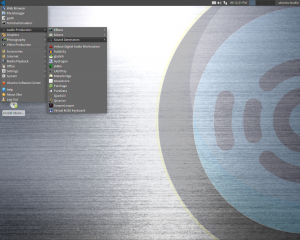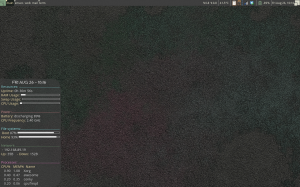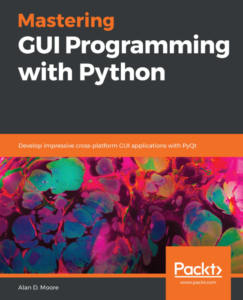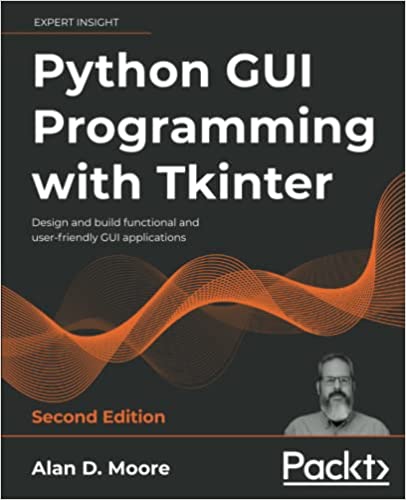About this time last year, I got a bit of an early “Christmas Present”1: A shiny new work laptop. My work laptop is kind of my “daily driver” machine; I use it to study, code, communicate, and keep up with the latest tech trends, which amounts to the majority of what I use a computer for. I’d had my previous laptop for 5 years or so, and to say it was “lived in” was an understatement.
I’ve been using GNU/Linux in one form or another since around 2004/2005, and for the last several years I’ve been installing a fairly heavily-modified Kubuntu for my main machines. I’d replaced KDE with Awesome WM and rigged up a custom desktop experience; my software was a hodge-podge of repo installs, PPA installs, compiled-from-source software, converted RPMs, a few heaven-knows-where-I-found-them proprietary .debs, etc. etc. The thought of recreating my setup from scratch was just not fun.
I’d been getting the feeling that Ubuntu and I were no longer operating on the same wavelength; I was spending a lot of effort to turn Kubuntu into a bleeding-edge, custom-built, minimalist distro, and using half a dozen different methods to do it. By the time the new laptop arrived I’d decided it was time to give Arch Linux a try.



